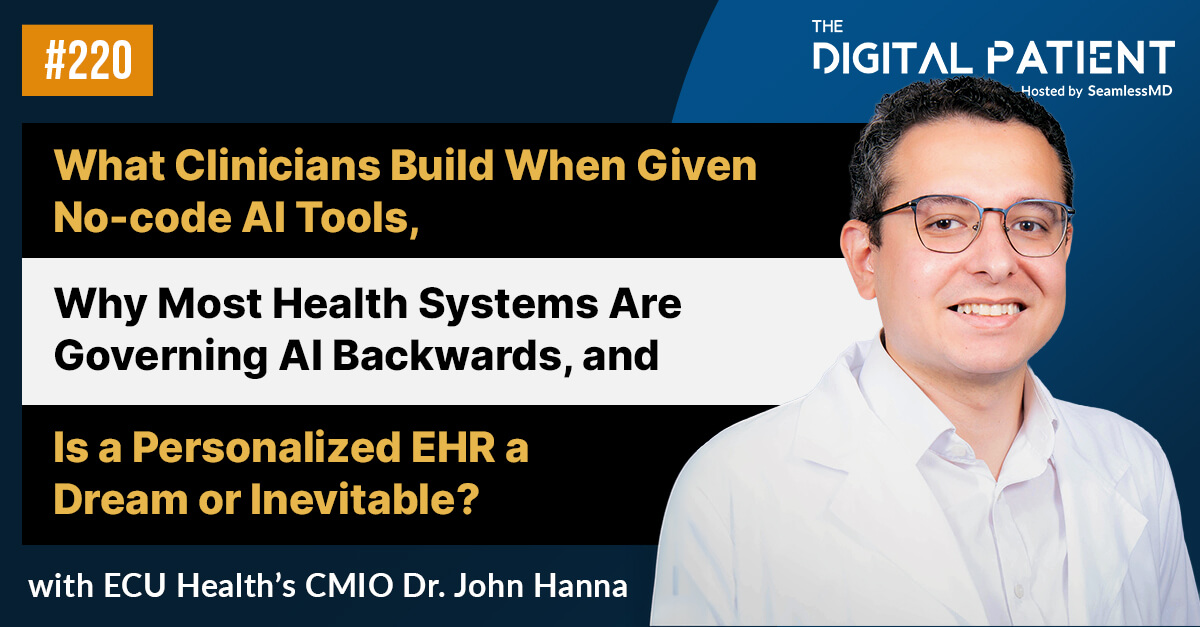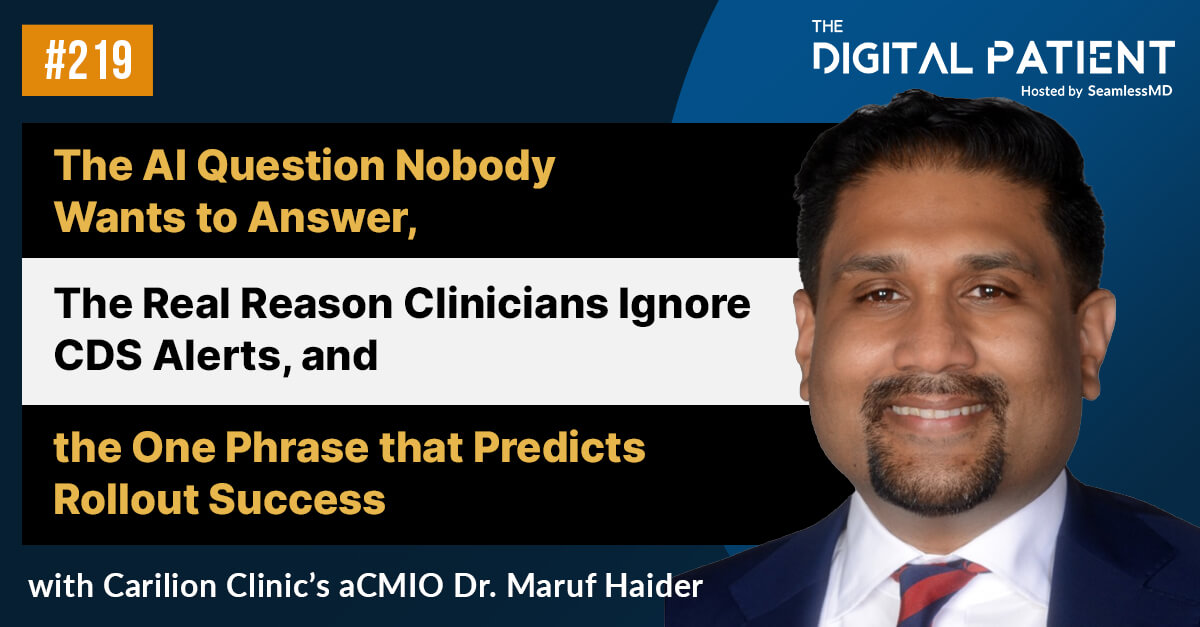SeamlessMD, the leading Digital Patient Engagement platform, has been designated as a pre-qualified vendor by Canada Health Infoway (Infoway) to provide Remote Patient Monitoring (RPM) across Canada. With increasing patient expectations for digital care since the COVID-19 pandemic, health care providers have been racing to implement reputable RPM platforms that extend patient access to care beyond the bounds of the hospital – while also minimizing in-person visits. Over the past two decades, Infoway has acted as a bridge to remove barriers, drive consensus, disseminate knowledge and standardize approaches to digital health. As a pre-qualified vendor with Infoway, Canadian health systems can now procure SeamlessMD and focus on integrating the technology with existing clinical systems faster than was previously possible.
SeamlessMD is regarded as a trusted virtual care platform used by many hospitals and health systems across Canada such as Thunder Bay Regional Health Sciences Centre, William Osler Health System, and Montreal Heart Institute to elevate the patient experience, improve outcomes, and lower costs. The platform facilitates more efficient delivery of health services, with patients using the technology to help guide them through surgery, oncology, and chronic care. SeamlessMD provides convenient access to digital care plans on their smartphones, tablets and/or computers. Furthermore, the technology allows patients to stay connected to their health care teams via reminders, education and progress-tracking, while giving providers the ability to monitor patients, receive alerts, and access analytics to improve care.
As Infoway is a not-for-profit organization funded by the federal government, Canadian health care providers can seek comfort in knowing that the delivery of RPM solutions through SeamlessMD meets a national standard. This pre-qualification required assessing SeamlessMD’s excellence across various domains, including technology, security, clinical evidence and professional services. The technology helps to deliver better quality and access to care, leading to enhanced patient self-management skills and ultimately, better clinical outcomes for patients.
.svg)










.png)
